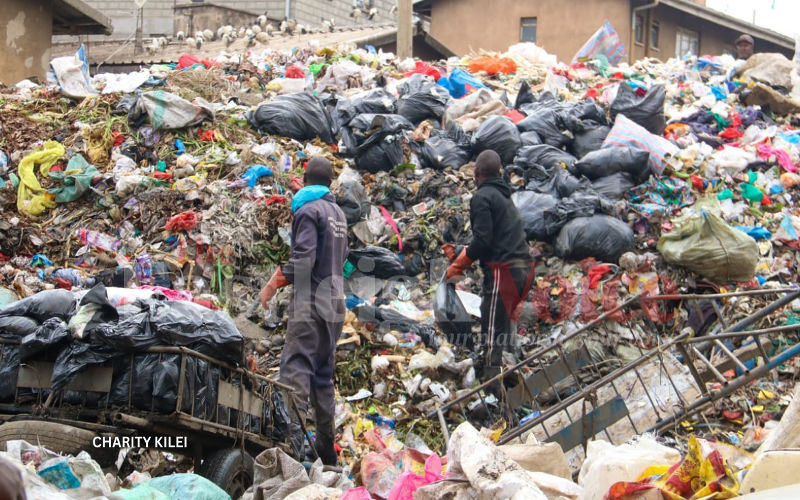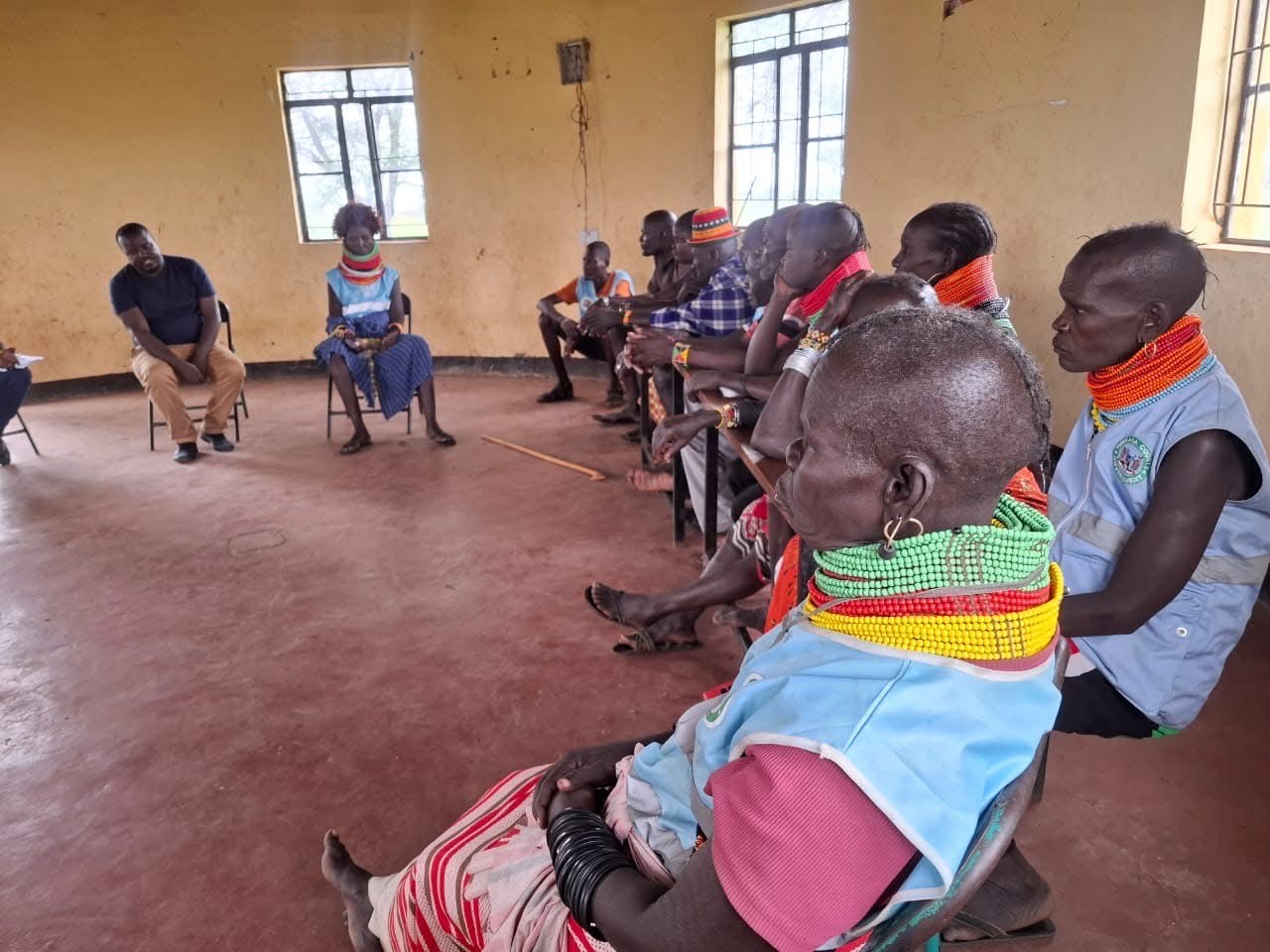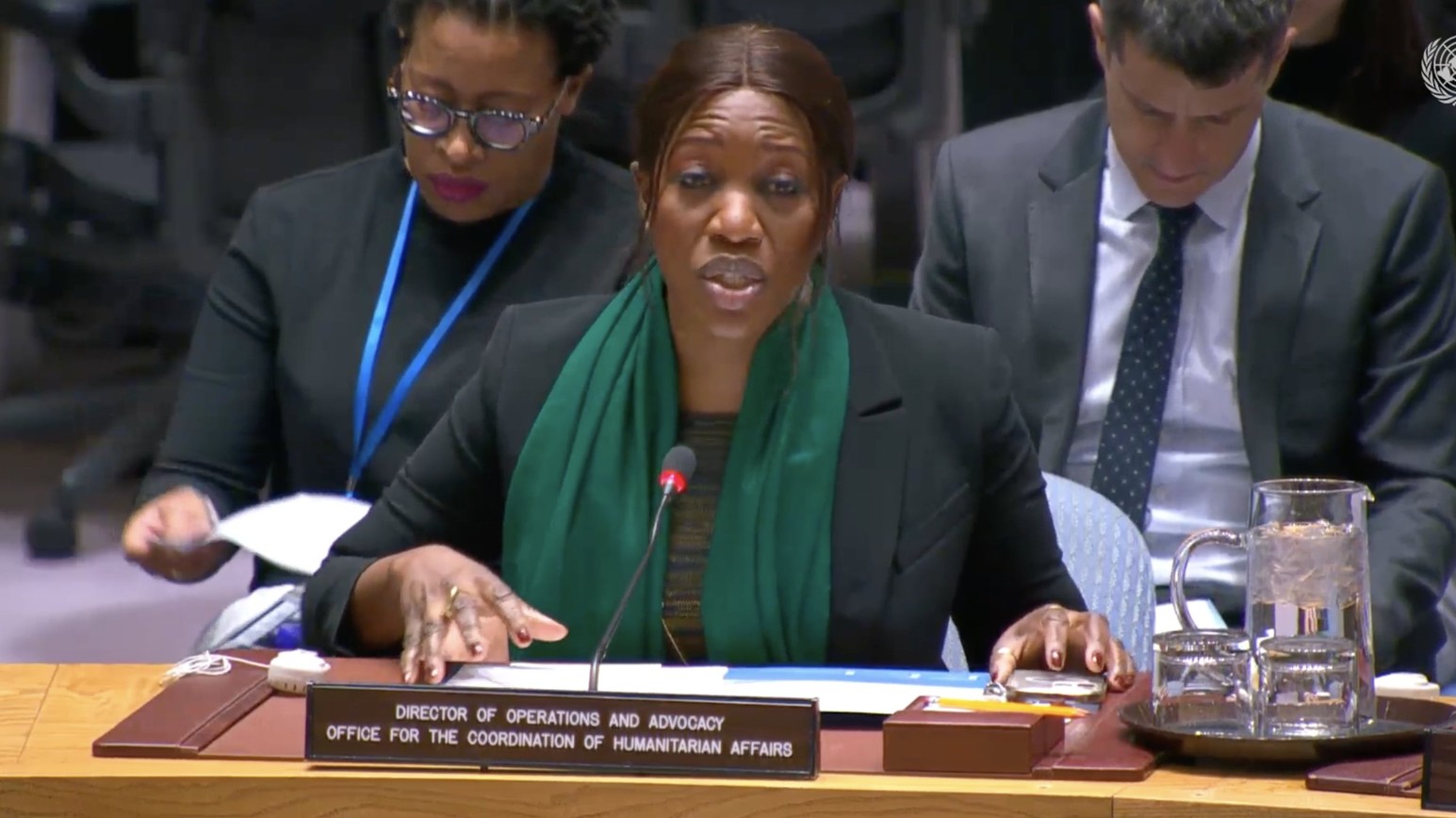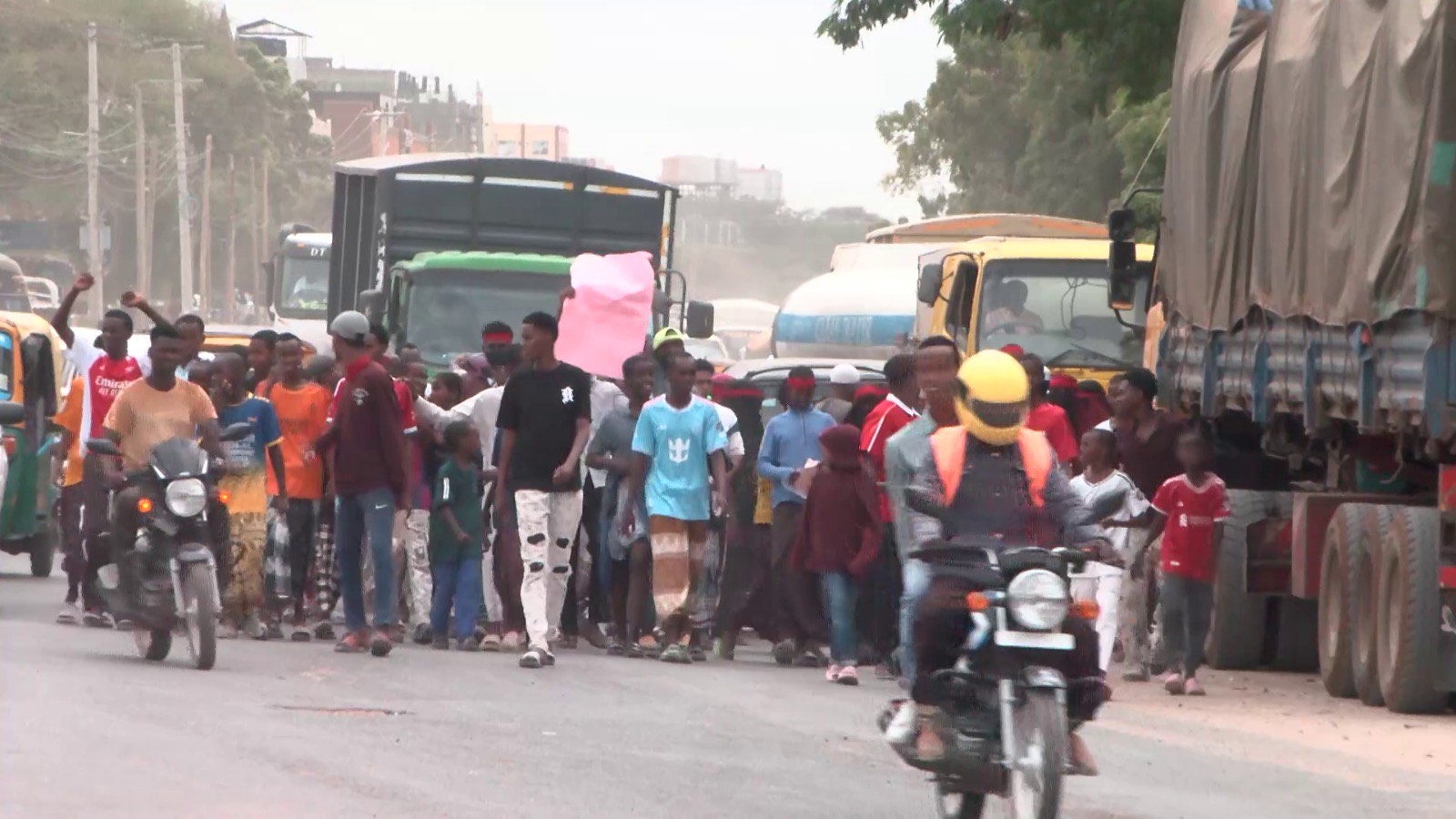Funding shortages threaten relief for millions of Sudanese refugees: WFP
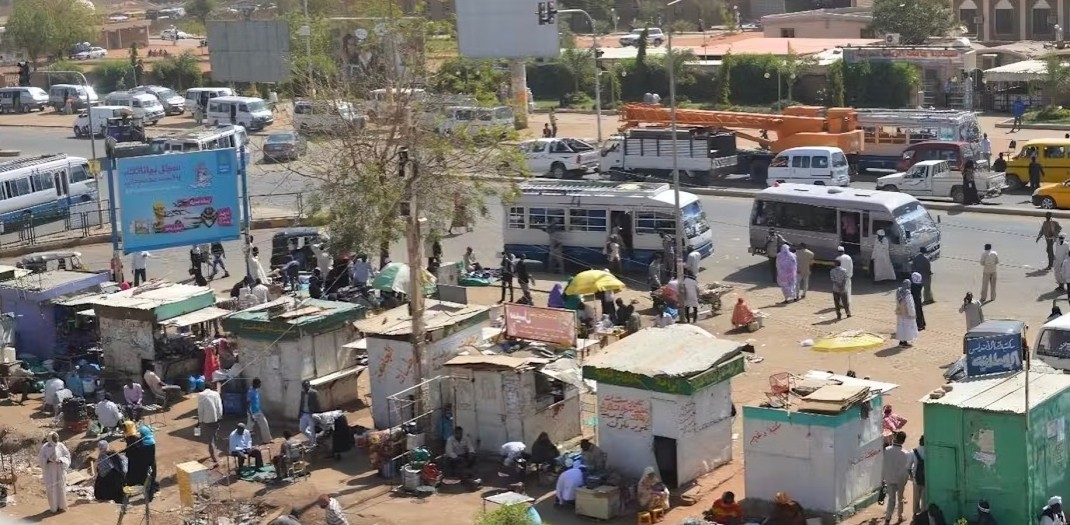
WFP noted that the situation for many Sudanese refugees is already dire, more than two years since war erupted between Sudan’s national army and paramilitary rebels.
Critical shortfalls in global humanitarian funding now threaten millions of Sudanese refugees fleeing war to seek refuge in neighbouring countries, the UN World Food Programme (WFP) said on Monday.
In an alert, the UN agency warned that it faces having to make “drastic cuts” to life-saving food assistance, which may “grind to a halt” in the Central African Republic, Egypt, Ethiopia and Libya in the coming months as resources run out.
More To Read
- RSF accused of shelling hospital, abducting eight civilians in El-Fasher
- WFP aid convoy attacked in Sudan's North Darfur, food relief trucks torched
- Sudan government relocates ministries from war-ravaged Khartoum to safer cities
- Scribbled lines of life - hunger and hope in a Darfur city
- Sudan army accused of torture, 'execution chambers' in Khartoum as war fuels famine, cholera crisis
- ‘Only hunger and bombs’ for besieged civilians in Sudan’s El Fasher
WFP noted that the situation for many Sudanese refugees is already dire, more than two years since war erupted between Sudan’s national army and paramilitary rebels.
“In Uganda, many vulnerable refugees are surviving on less than 500 calories a day” – less than a quarter of daily nutritional needs – as new arrivals strain refugee support systems, WFP said.
In Chad, which hosts almost a quarter of the four million refugees who fled Sudan, food rations will be reduced in the coming months without new contributions.
Vulnerable youngsters
Children are particularly vulnerable to sustained periods of hunger and malnutrition rates among young refugees in reception centres in Uganda and South Sudan have already breached emergency thresholds.
According to WFP, refugees are already severely malnourished even before arriving in neighbouring countries to receive emergency assistance.
“This is a full-blown regional crisis that’s playing out in countries that already have extreme levels of food insecurity and high levels of conflict,” said Shaun Hughes, WFP Emergency Coordinator for the Sudan Regional Crisis.
“Millions of people who have fled Sudan depend wholly on support from WFP, but without additional funding we will be forced to make further cuts to food assistance. This will leave vulnerable families, and particularly children, at increasingly severe risk of hunger and malnutrition.”
Top Stories Today

